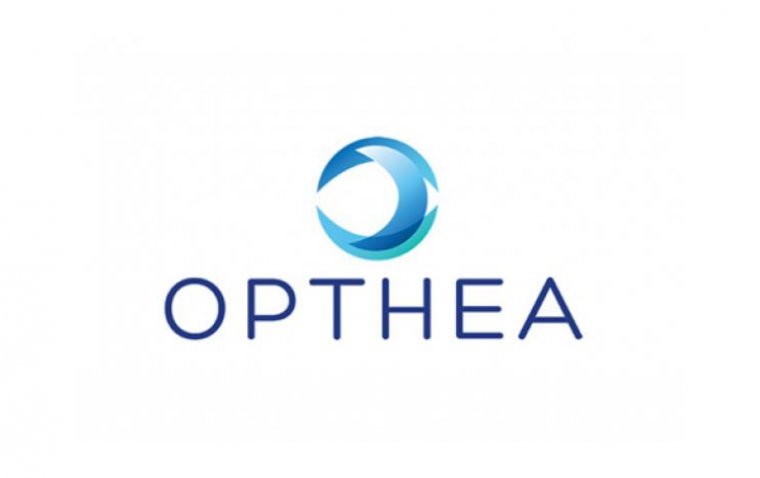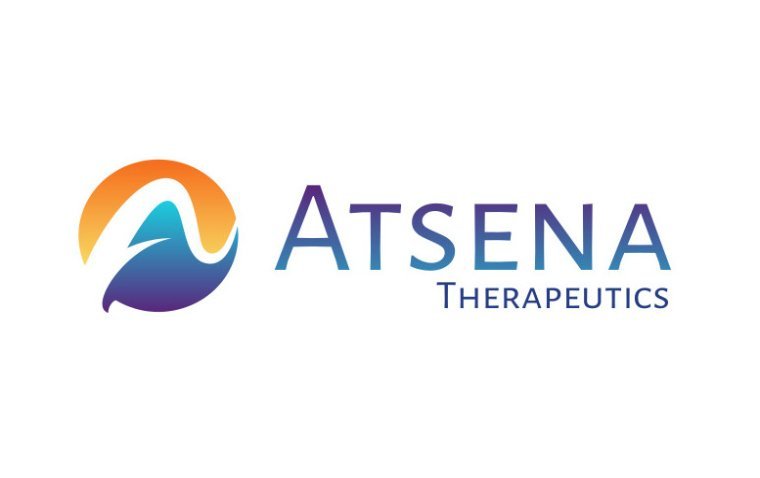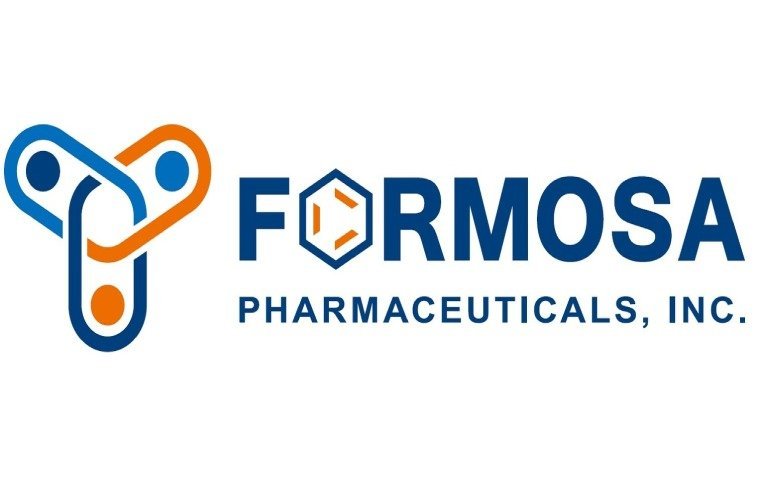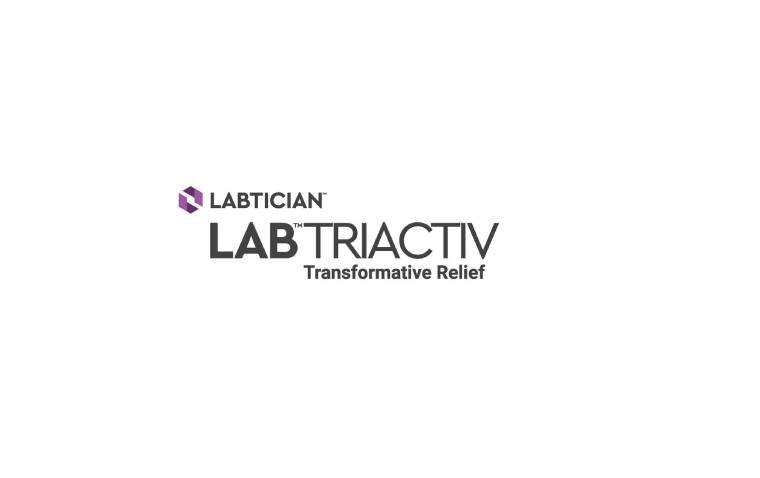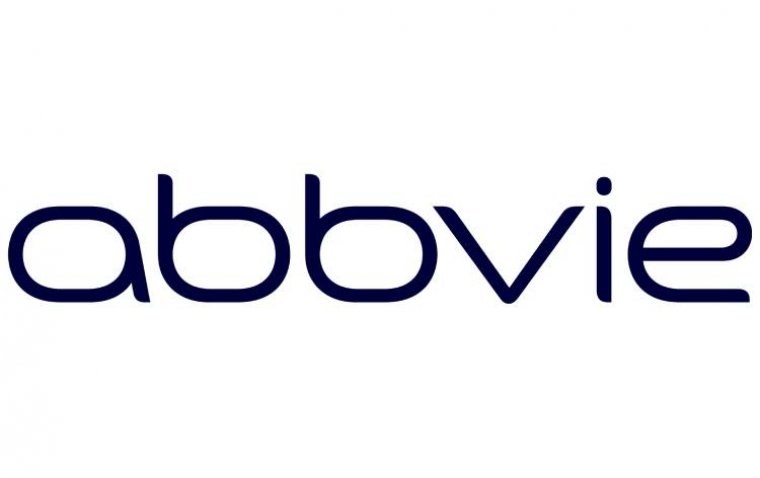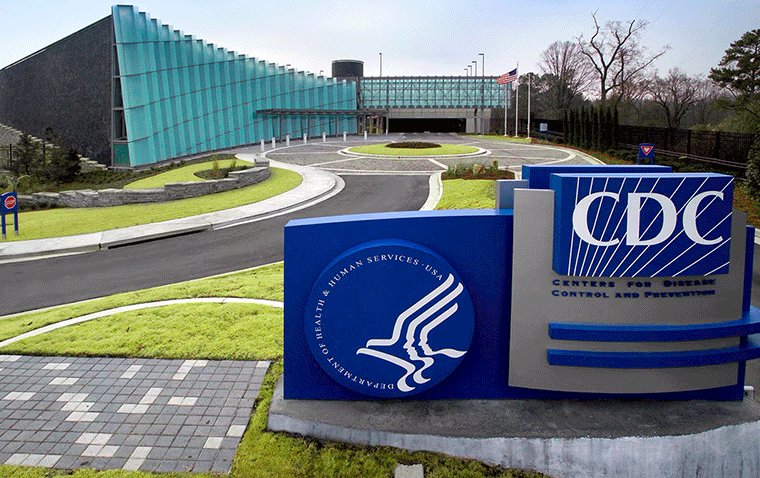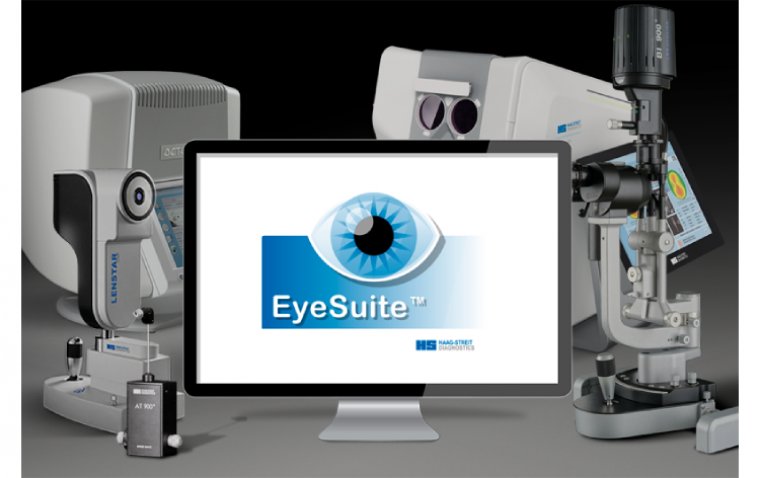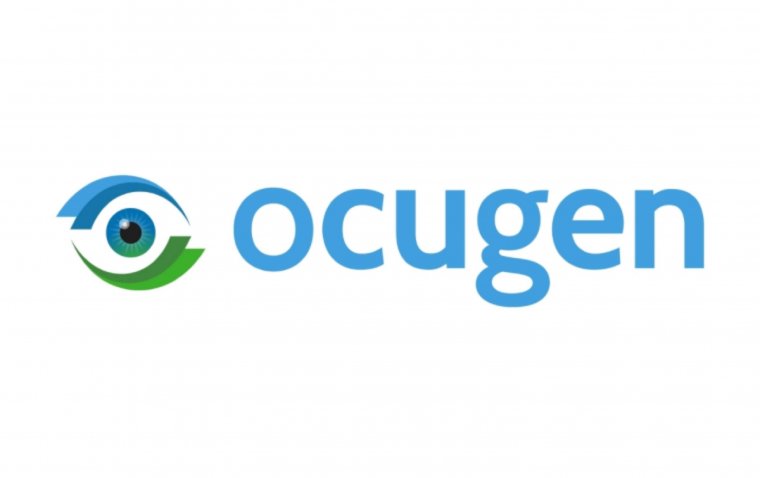
FDA Notifies Ocugen to Begin Expanded Access Program for Retinitis Pigmentosa Treatment with OCU400
The FDA has authorized Ocugen, Inc. to launch an expanded access program (EAP) for patients aged 18 and older with retinitis pigmentosa (RP), providing early access to its promising gene therapy candidate, OCU400. The treatment has shown encouraging results in clinical trials and aims to address unmet needs in RP care.
What Is the Expanded Access Program (EAP) for OCU400?
The FDA’s approval of Ocugen’s EAP enables eligible patients to access OCU400 outside clinical trials before full regulatory approval. Patients with early to advanced RP who have retained minimal retinal functionality can benefit from OCU400’s mechanism of action. This program serves as a bridge for RP patients awaiting the final Biologics License Application (BLA) approval, which is targeted for 2026.
OCU400’s Clinical Progress: A Promising Gene Therapy for RP
OCU400, Ocugen’s modifier gene therapy candidate, has demonstrated positive results in Phase 1/2 clinical trials and is currently undergoing Phase 3 testing under the liMeliGhT clinical trial program. The therapy has also received orphan drug and Regenerative Medicine Advanced Therapy (RMAT) designations from the FDA, alongside recognition from the European Medicines Agency (EMA).
Insights from Ocugen Leadership and Experts
Shankar Musunuri, PhD, MBA – CEO of Ocugen
Dr. Musunuri emphasized the significance of the EAP, stating:
“Each clinical milestone achieved by OCU400 brings us closer to providing a potential one-time treatment for life to patients living with RP. With positive Phase 1/2 study data and an ongoing Phase 3 liMeliGhT clinical trial, we now plan to work with clinicians, patients, and the RP community to provide access to OCU400 for eligible patients through our EAP.”
Lejla Vajzovic, MD, FASRS – Retina Scientific Advisory Board Chair
Dr. Vajzovic highlighted OCU400’s potential to address the lack of therapeutic options for RP patients with gene mutations:
“As a retinal surgeon, I am encouraged by the therapeutic potential of OCU400 to provide long-term benefit. The OCU400 EAP gives RP patients access to this novel modifier gene therapy outside of the ongoing Phase 3 study.”
Huma Qamar, MD – Chief Medical Officer of Ocugen
Dr. Qamar expressed enthusiasm for expanding patient access:
“This program reflects our ongoing commitment to develop a safe and effective therapy for RP patients who may not have other treatment options.”
The Urgent Need for Advanced RP Treatments
Retinitis pigmentosa is a group of genetic disorders affecting 1.6 million people globally, leading to retinal cell degeneration and symptoms like night blindness and loss of peripheral vision. Current treatments are limited, making innovative solutions like OCU400 vital for improving patient outcomes.
(1).jpg)

